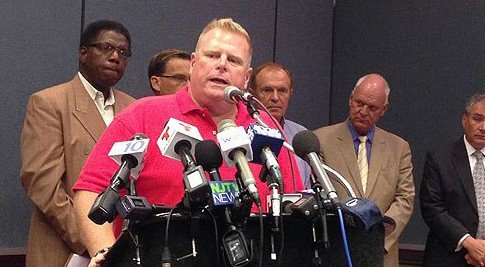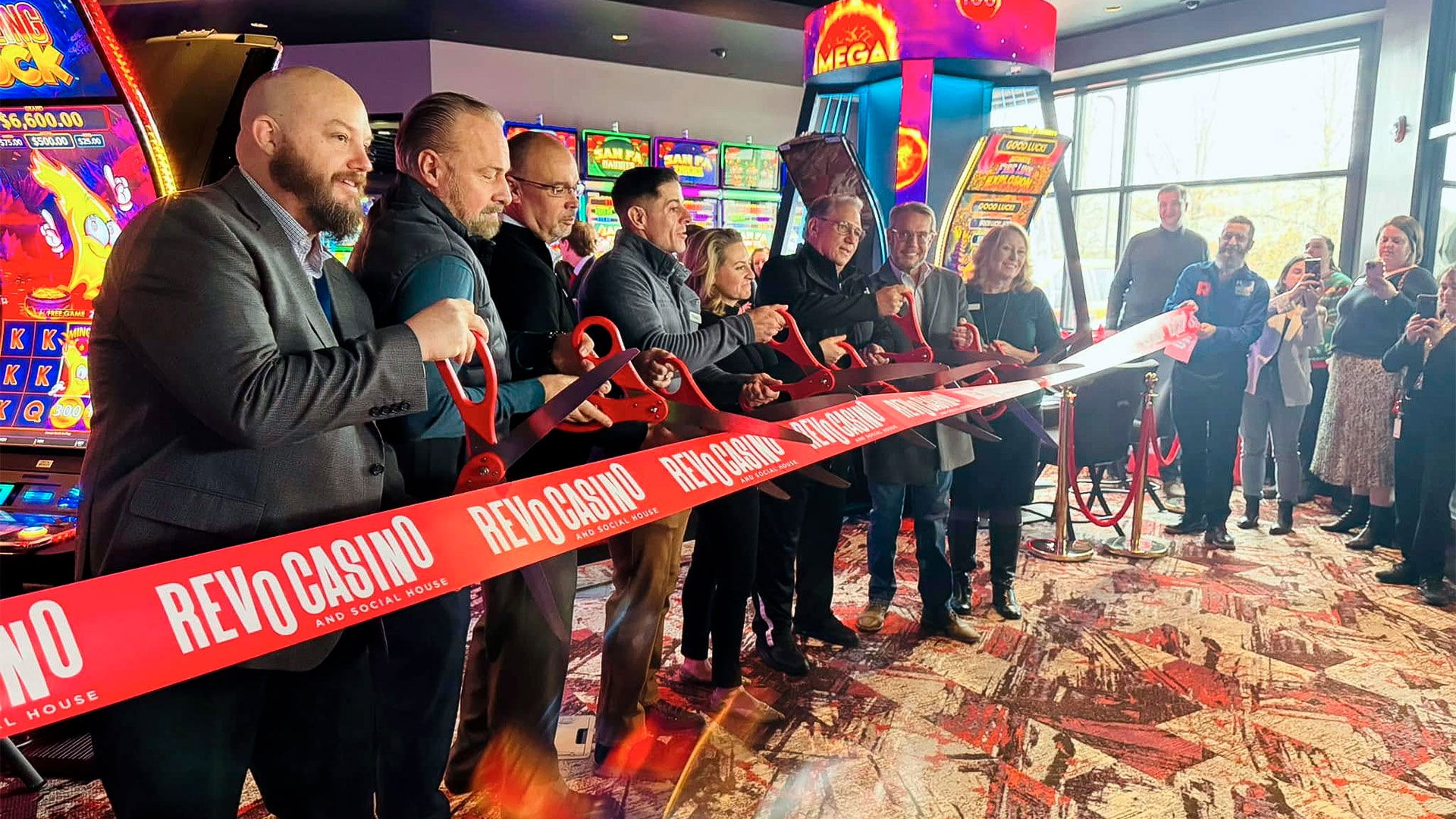Casino union shows regulators its concern about Wall Street's impact in Atlantic City

The US largest casino workers union is asking gambling regulators to protect employees from neglect by hedge funds or private equity firms seeking short-term returns from casino ownership. Unite Here Local 54, which represents more than one-third of all Atlantic City casino employees, approached gambling regulators in New Jersey, Nevada and Ohio on Wednesday, asking them to keep workers in mind when approving Wall Street firms for ownership or management changes regarding casinos.
Addressing the New Jersey Casino Control Commission during Wednesday’s public meeting about protecting workers against potentially hostile actions taken by gaming company investors, specifically at Caesars Entertainment Corp. and MGM Resorts International, they said the union’s concern is that Wall Street firms have recently purchased a significant percentage of shares in both companies, which could result in those investors looking to make a quick profit at the expense of the industry, the Atlantic City market and, by default, the workers.
“If (their) only interest is to squeeze money out of the company and it’s going to hurt the industry here, then I think the commission is uniquely positioned to have a say in it,” Local 54 President Bob McDevitt said after the meeting, as reported by The Press of Atlantic City.
Chairman James Plousis said the commission and the state Division of Gaming Enforcement will carefully review each request it gets. “We will do our due diligence on all these applications as they come forward,” in respect to licensure and qualifications.
McDevitt told the three-member commission that “private equity was a disaster” for Caesars after the 2008 buyout from two Wall Street firms, Apollo Global Management and TPG Capital. He noted that employees of the gaming company “witnessed years of cuts to jobs and maintenance” and casinos were closed, namely Showboat, which the company closed in 2014 to protect its other three Atlantic City properties — Caesars Atlantic City, Bally’s Atlantic City and Harrah’s Resort.
“We were devastated,” Unite Here Local 54 member Cindy Pemberton, who worked at the Showboat for 27 years, told the commission. “No one would have thought that a profitable casino would close down. Many of my other co-workers never found jobs. Some have lost their homes and have to rely on state assistance to get through. We do not want to repeat the TPG and Apollo years at Caesars. My coworkers and I will not stand by while New York billionaires and millionaires strip our company for their own gain.”
As recently as 2010, 9 of the 11 casinos operating in Atlantic City were owned by hedge funds or private equity firms. Four of them — the Showboat, the Atlantic Club, Trump Plaza and the Trump Taj Mahal — were shut down, although the Taj Mahal was bought by Hard Rock and reopened last summer.
Carl Icahn, the hedge-fund billionaire who once owned several Atlantic City casino properties but now owns only the shell of the former Trump Plaza, purchased 28.5% of Caesars and is the company’s largest shareholder. He appointed three people to the executive board and will have a say in naming the company’s new CEO.
Icahn and Local 54 clashed in 2016 over contract negotiations for workers at the former Trump Taj Mahal Casino Resort. It resulted in a 102-day strike and the eventual closure of the Boardwalk casino property. McDevitt was asked whether his concerns were related to the union’s history with Icahn, but he denied the suggestion, saying the focus was not the Wall Street tycoon.
Several hedge funds have also recently bought up shares of MGM, which operates Borgata Hotel Casino & Spa, including Russell Investments Group Ltd. and Commonwealth Equity Services LLC. The gaming company has recently explored using robots in place of service bartenders at MGM Springfield in Massachusetts and announced plans to use them at their Las Vegas properties amid calls to cut $100 million in payroll over the next two years.
McDevitt said in addition to the potential harm hedge fund firms might do by “squeezing” money out of capital improvements and property investments, he was concerned it may “undermine the revival” of Atlantic City.

















































